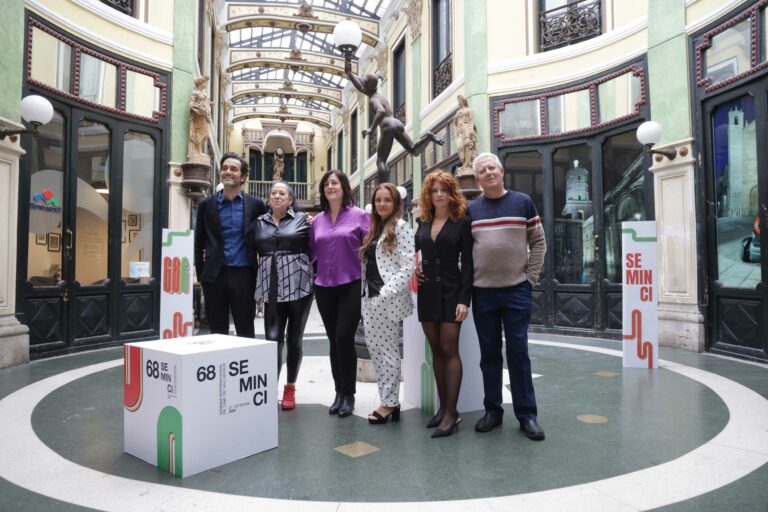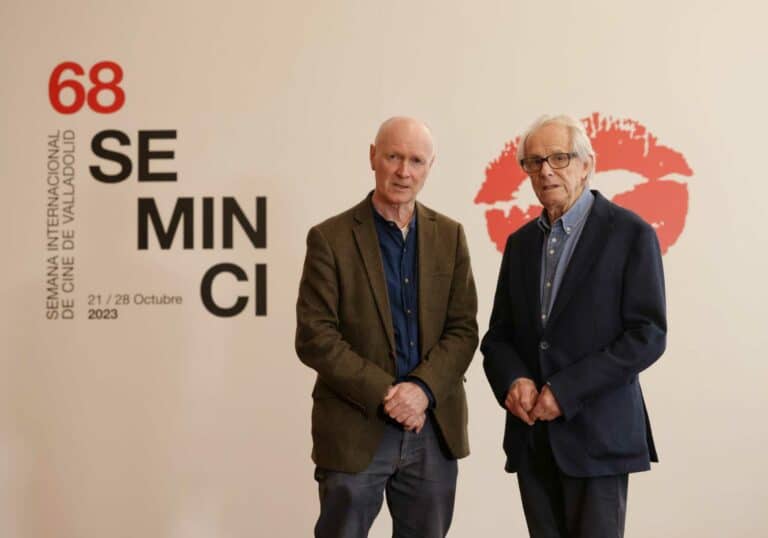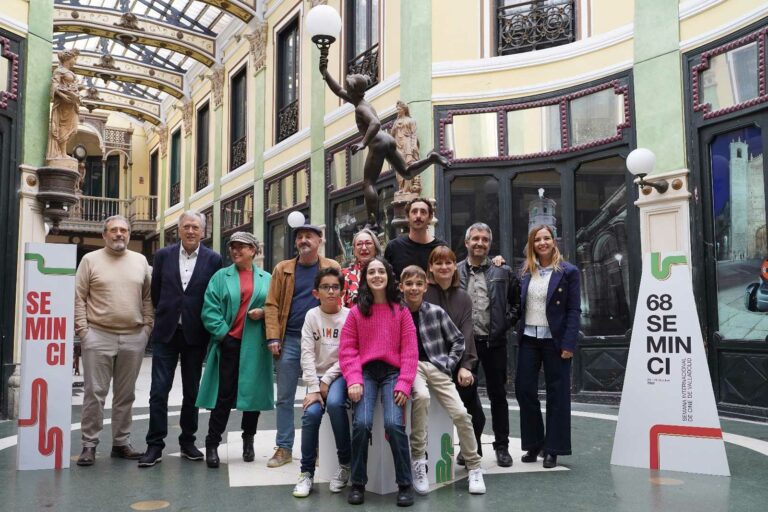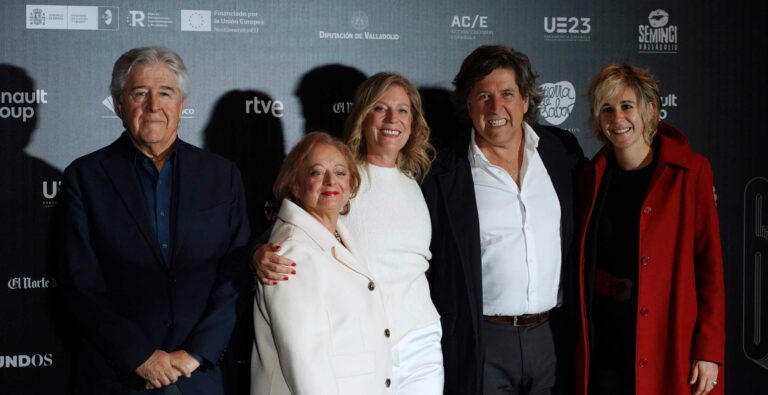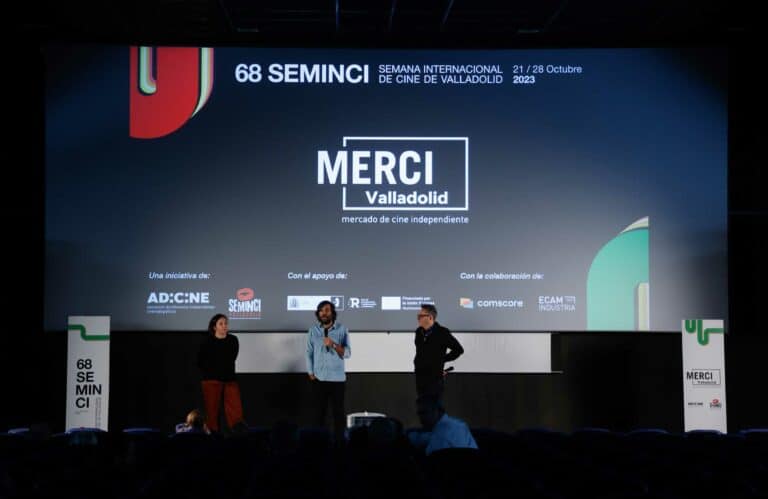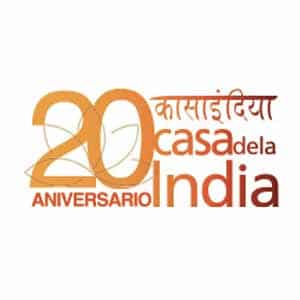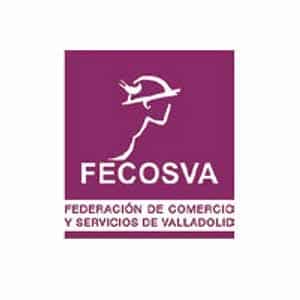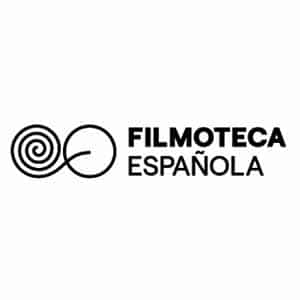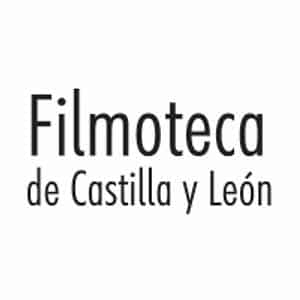- Argentina will play a leading role in the 66th edition, with a retrospective dedicated to the last two decades of its cinema, the visit of prominent film professionals from its industry and numerous titles in all fest sections.
Argentina will be one of the main protagonists of the 66th edition of Valladolid’s International Film Festival, where it has been singled out as guest country so as to guide the audience through the evolution of its cinematic output from the last couple of decades. Argentina’s presence in Valladolid will coalesce around the retrospective Wild Stories, Extraordinary Stories: Two Decades of Argentine Cinema, organised in collaboration with the country’s National Institute of Cinema and Audiovisual Arts (INCAA). This special programme will bring together 16 feature films selected by the critic and programmer Álvaro Arroba from among the harvest of Argentine films from the last 20 years.
The retrospective begins with A Red Bear (2002), by Adrián Caetano, whose consecration as a filmmaker had taken place two years earlier with Bolivia. The film’s cast brings together Julio Chávez and Soledad Villamil, who play a couple marked by the long prison sentence he is serving after being charged with murder and armed robbery. A year later, The Blonds, Albertina Carri’s first feature, would tell the story of her own family memories, which were marked by the disappearance of her parents, Roberto Carri and Ana María Caruso, during the Argentinian dictatorship.
2004 saw the premiere of Lucrecia Martel’s The Holy Girl, produced by El Deseo and presented in the Official Selection of the Cannes festival, and The Dead, the second feature by Lisandro Alonso, which screened in the Directors’ Fortnight of the French competition and was awarded the Special Prize and the Fipresci Prize at the 42nd Vienna Festival.
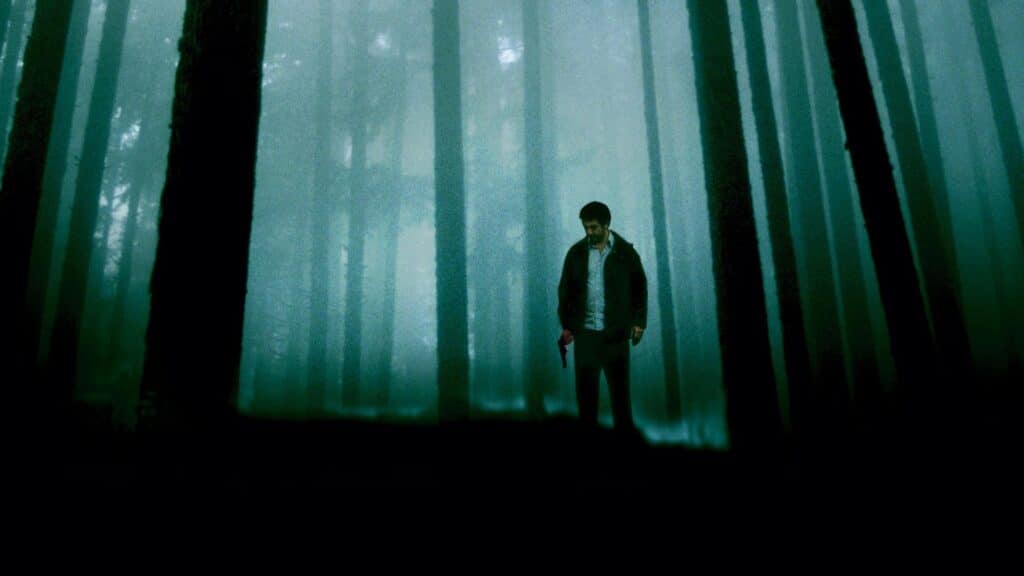
Ricardo Darín and Dolores Fonzi appear on the poster of Fabián Bielinsky’s The Aura (2005), screened at the Sundance and San Sebastián festivals and named best Argentine film of 2005 and Argentina’s representation in the Oscars race. Darín himself, along with Inés Efrón and Valeria Bertuccelli, would also head the cast of XXY (2007), by Lucía Puenzo, which screened at the 52the Valladolid Festival and won the Goya for Best Foreign Film in Spanish and the Grand Prize of the Cannes Critics’ Week.
The decade culminated with the Oscar-winning The secret in Their Eyes (2009), directed by Juan José Campanella and starring Darín and Villamil (the film also garnered two Goyas and five top cinema award nominations), and The Man Next Door ( 2009), by Mariano Cohn and Gastón Duprat, the story of two neighbours played by Rafael Spregelburd and Daniel Aráoz and awarded at Sundance.
The retrospective also includes the titles Back to Stay (2011), by Milagros Mumenthaler, a Locarno award-winning family drama; Viola (2012), by Matías Piñeiro, which uses a Shakespearean play as the story’s backdrop, or Ghosts of the Road (2013), by José Celestino Campusano, who participated in the 64th Film Week with Men of Hard Skin.
This journey through the most representative Argentine cinema of the 21st century is complete with the screenings of The Sky of the Centaur (2015), directed by Hugo Santiago and starring Malik Zidi, Romina Paula and Roly Serrano; Gilda, I Don’t Regret This Love (2016), a story by Lorena Muñoz about the singer Myriam Alejandra Bianchi, Gilda, played by the popular actress Natalia Oreiro; Two Shots Fired (2014), by Martín Rejtman, starring a teenager who one morning decides to shoot himself twice; and The Faculties (2019), a documentary by Eloísa Solaas about different ways of dealing with final exams. Both Martín Rejtman and Eloisa Solaas will travel to Valladolid to present their feature films.
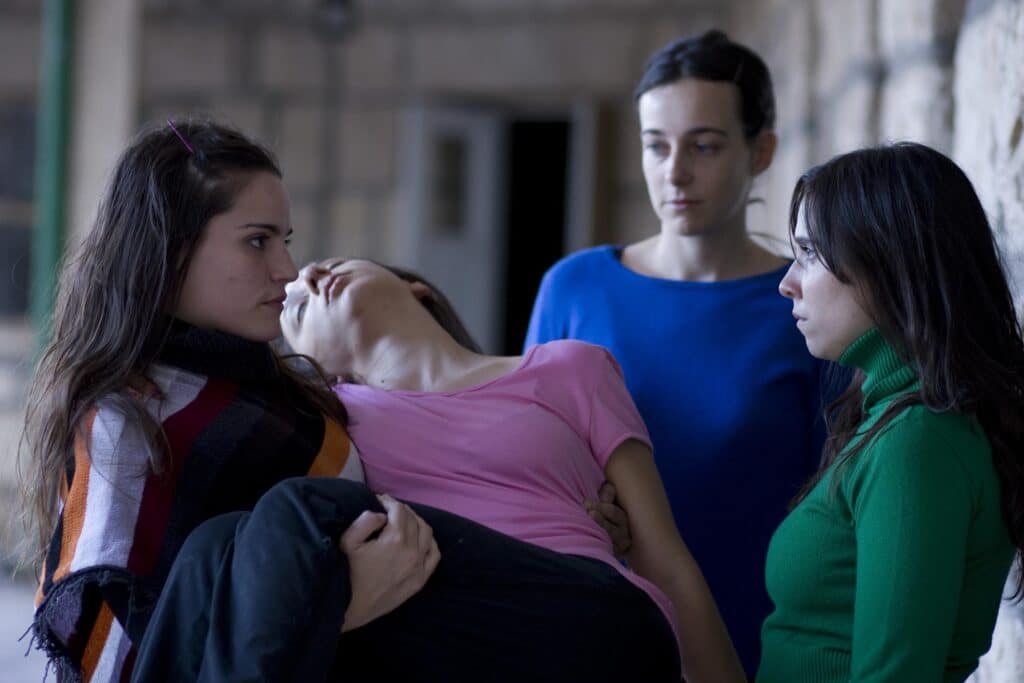
The last title included in the retrospective is The Flower (2018), the result of a whole decade of scriptwriting work by its director Mariano Llinás, who created six stories around varied plots. With a running time of 14 hours, The Flower is the longest film ever scheduled by Seminci, which has programmed it as a single screening divided into three sessions.
Wild stories, Extraordinary Stories: Two Decades of Argentine Cinema also includes the screening of seven shorts, among them one which holds the Guinness record for the most awarded short film : Luminaris (2013), by Juan Pablo Zaramella, which employs the technique known as pixilation and harvested no fewer than 200 awards. In addition, the Valladolid audiences will be able to watch Masí, me tiro (2003), by Sebastián Carreras; El mes del amigo (2016), by Florencia Percia; La prima sueca (2017), by Inés María Barrionuevo; El récord (2019), by Daniel Elías; Shendy Wu, un diario (2019), by Ingrid Pokropek, and Bajo la superficie (2021), by Pablo Spatola.
Argentina’s Day
The retrospective will be a cornerstone of the 66th Seminci’s programme grid, but not the only contribution from the Austral country. The presence of Argentine cinema and its professionals will be a recurring feature of this year’s edition. The Opening Gala will provide the setting where actor, producer, screenwriter and director Juan José Campanella (Buenos Aires, 1959) will be presented with an Honorary Spike, an event where he will be accompanied by Argentine actors Óscar Martínez and Eduardo White. The tribute to the Argentinian director will be completed the following day with the screening of his film The Weasels’ Tale (2018), his last movie to date.
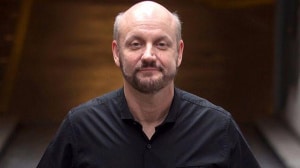
Thursday, October 28, will be Argentina’s Day at Seminci, with a special program that will include the screening of the Argentine films competing in the Official, Meeting Point and Time of History sections: respectively Paula Hernández’s Clara sola; Marí Alessandrino’s Zahorí; the medium-length film Lo que no se ve ni se oye, by Clara Cullen, and the documentary feature films Rancho, by Pedro Sperino, and Corsini interpreta a Blomberg y Maciel, by Mariano Llinás, which will hold their world premiere in Valladolid. Finally, the festival retrospective Dissidences will screen the film The Headless Woman, by Lucrecia Martel.
Argentina’s Day will be complete with a master class by Juan José Campanella, starting at 12:00 in Teatro Calderón’s Hall of Mirrors, and, later in the day and in the same venue, the retrospective’s round table chaired by Álvaro Arroba and joined by the filmmakers Mariano Llinás, Eloisa Solaa, Martín Rejtman and Campanella.
Argentinian filmmakers in the festival juries
The several juries of the competitive sections of this year’s Valladolid Festival will include prominent Argentine film-related professionals. Thus, the International Jury will sign on Alberto García Ferrer, film historian, and Javier Porta Fouz, director of the Buenos Aires International Independent Film Festival. Romina Paula, Argentine actress, playwright and director who premiered in 2019 Again Once Again, her first film as a screenwriter and director, will be a member of the Meeting Point jury; and director and editor María Silvia Esteve, the author of the documentary feature Silvia, which won several international awards, will serve in the Time of History jury. Finally, the jury for the DOC. España section will have Ignacio Acconcia, director and screenwriter whose first feature, The Fire Boy, obtained a special mention from the jury of this section at the 65th Seminci.
The retrospective, organised in collaboration with the Argentine Embassy in Spain, will be accompanied by the book “Wild Stories, Extraordinary Stories. Argentine cinema 2000-2020 “, written by Álvaro Arroba. The monograph, which consists of 14 chapters and includes an interview with Javier Porta Fouz as well as unpublished images from the The Flower’s shooting notebook, delves into the contribution of the film auteurs who were part of the latest wave of the New Argentine Cinema.



